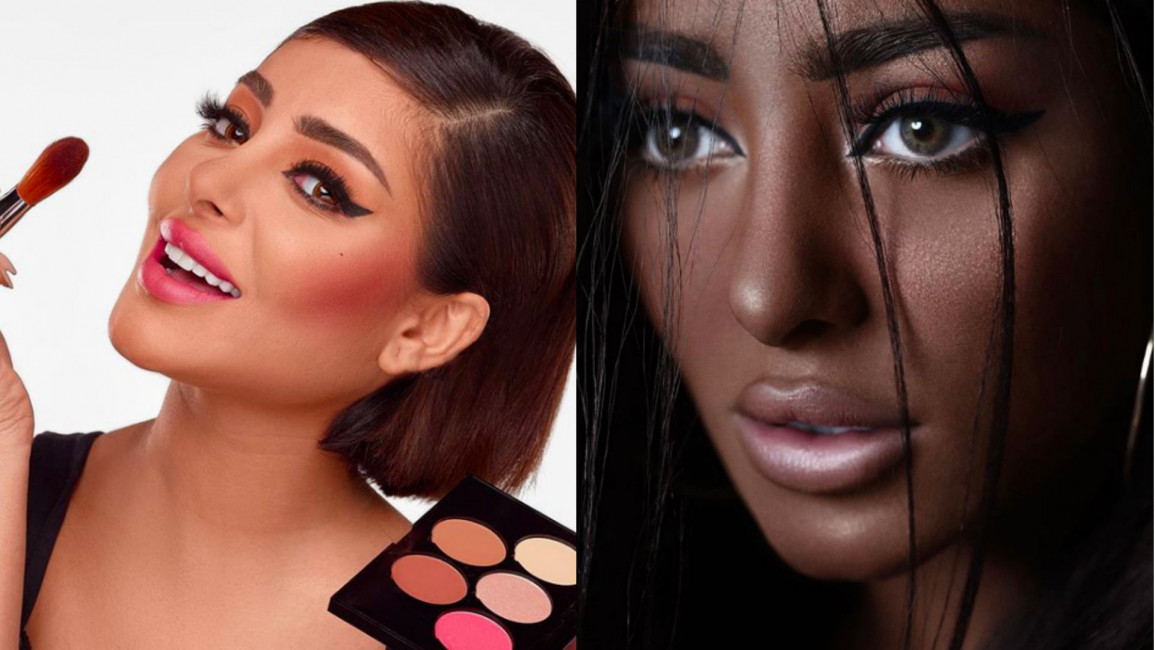Kuwaiti influencer insists blackface posts showcase her makeup talent
Ghadeer Sultan posted a video to her two million Instagram followers on Wednesday of herself in various dark makeup looks miming to the 1985 charity single "We are the World," used to raise money for African famine relief and the 2010 Haiti earthquake.
Sultan's appearance in various skin colours, curly-haired wigs and accentuated lips was accompanied by a caption championing equality.
"No matter where you are from or what you believe in, we are all children of this world, and we all share it together equally. Beauty comes in all shapes and colors, so [let's] love each other and celebrate our unity," Sultan wrote.
Comment: Arabs need to confront anti-blackness, and Myriam Fares' Goumi proves it
However Sultan's followers were quick to point out the racism underpinning blackface makeup, begging her to take down the post.
"This is the most offensive thing i've seen. You can portray togetherness without disrespecting an entire culture. So uneducated, this is beyond unnecessary and unacceptable," one follower wrote.
"My skin is not your costume," another posted.
Contrary to the deluge of furious comments, Sultan posted two more pictures of herself in even darker make-up and a dark wig, insisting she is not racist.
"I am not racist .. I hate racism. What I've done is only to show what I am capable of... I love you all," she wrote.
As thousands vented their anger and disbelief in the comments section, others attempted to explain why blackface makeup is considered racist and encouraged her instead to use black models to showcase her talents for using dark makeup.
"The portrayal of blackface–when people darken their skin with shoe polish, greasepaint or burnt cork and paint on enlarged lips and other exaggerated features, is steeped in centuries of racism," wrote one Instagrammer underneath Sultan's post.
"It peaked in popularity during an era in the United States when demands for civil rights by recently emancipated slaves triggered racial hostility. And today, because of blackface's historic use to denigrate people of African descent, its continued use is still considered racist," they explained.
Despite users' attempts at education, Sultan has remained resolute that her post is well-meaning.
The beauty blogger is not alone among prominent cultural figures in the Arab world still insisting that blacking up is acceptable, or even positive.
Using dark makeup and curly or braided wigs is not uncommon, with recent incidents on Lebanese and Egyptian TV of blackface being used to mock domestic workers and Sudanese people.
Writing on the Arab use of blackface, British-Iraqi writer Ruqaiya Izzidien has said: "We need to address our attitudes towards dark-skinned and black people, as well as our appropriation of cultures that are not our own."
"If you have no affiliation with an item of cultural clothing, what are you doing if not playing dress up, if not making a mockery of a community?"
Follow us on Twitter and Instagram to stay connected


